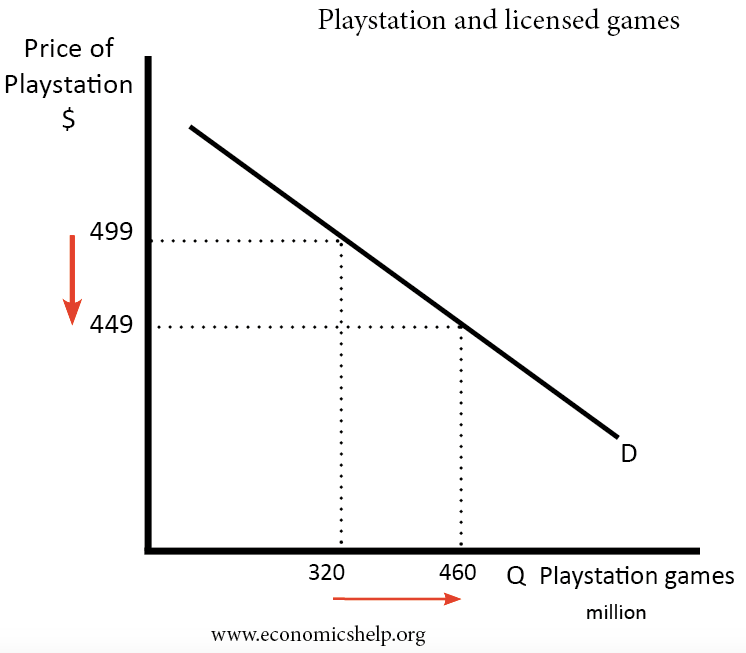Compensating Wage Differential
The supply of labour depends on various factors such as: Wages Qualifications required Non monetary benefits / costs The compensating wage differential depends on how much income is necessary to compensate for unpleasant working environment. For example, 2 jobs may have same skill requirement. But, one being a toilet cleaner may require a higher wage …

